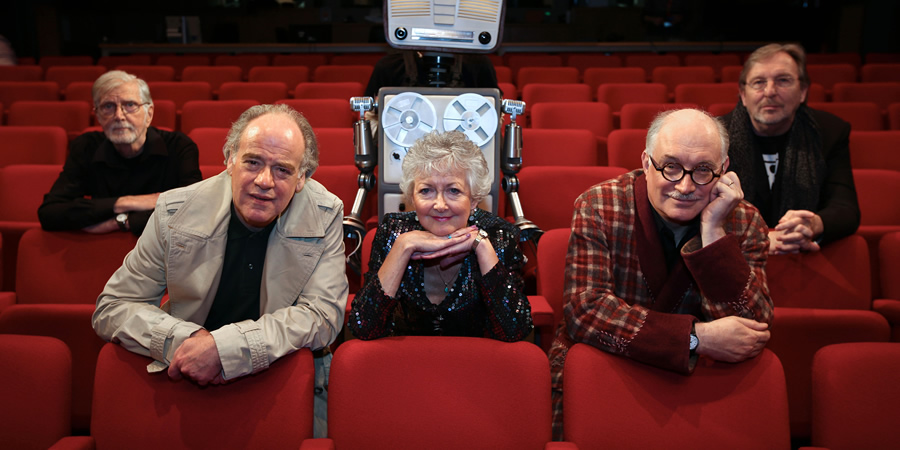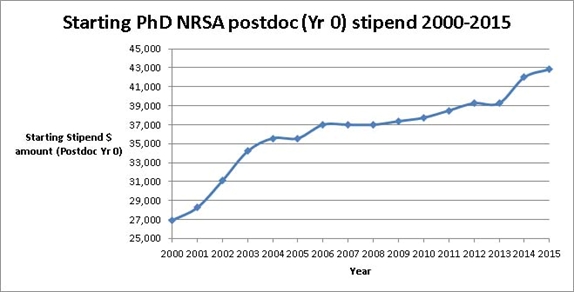
My initial reaction to this news was PLEASE NO – until I realized, it was about radio, not TV or movie:
More than a decade since the show last aired in 2005, a new season of the sci-fi comedy series has been commissioned.
The sixth season is expected to be titled ‘The Hexagonal Phase’, the British Comedy Guide reports.
The new episodes will apparently be based on And Another Thing…., author Eoin Colfer’s 2009 book featuring the characters created by Doctor Who writer Douglas Adams, who died in 2001.
The original radio cast is expected to return for the six episodes, which will again be overseen by director Dirk Maggs.
You know what? I’m game for this. I haven’t even read Colfer’s sequel but this might be the excuse I need. And the fact that they are reuniting the original radio cast means they actually give a pair of Zarquon’s singing fish about Douglas Adams’ legacy.
The Tertiary Phase was really the one that required the most getting used to. The actors’ voices were noticeably aged, especially Zaphod (Mark Wing-Davey). But from there, the Quandary and Quintessential Phases were natural to me. And the replacement voice of the Book, William Franklyn, for Peter Jones, was inspired. As it turns out, there’s actually some H2G2 audio I haven’t heard yet:
Simon Jones who plays Arthur Dent, Geoffrey McGivern (Ford Prefect), Mark Wing-Davey (Zaphod Beeblebrox), and Stephen Moore (Marvin) last reunited with Maggs in 2014 to record a special one-off live transmission for Radio 4, The Hitchhiker’s Guide To The Galaxy Live. The episode also saw Susan Sheridan reprise her role as Trillian. It would prove to be her last time playing the character, as she died in August 2015.
I am saddened to hear that Trillian has passed away too. This means I need to find that audio ASAP and make a new master playlist. That’s the last True Trillian.
As far as adaptations go, the only ones ever worth a damn were the ones with this crew. That includes the TV series they made – the long-awaited movie was such a travesty that I can’t even. The bottom line: I am looking forward to this. Simon Jones IS Arthur Dent. Geoffrey McGivern IS Ford Prefect. Steven Moore IS Marvin. And Mark Wing-Davey IS Zaphod Beeblebrox. Where those three goofballs go, I’ll follow, and gladly.


